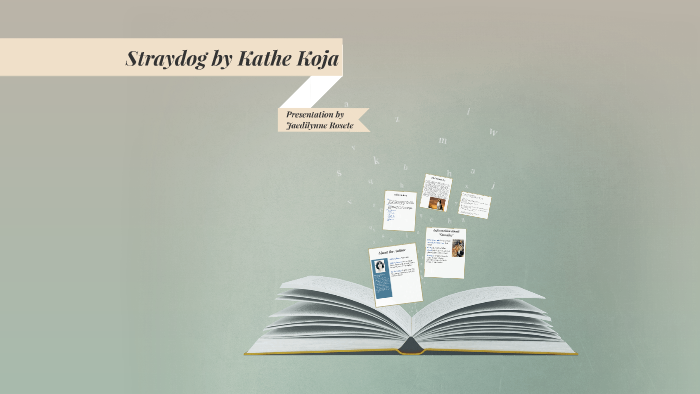

Of course, it is not only Koja’s compelling thematic engagements that set her writing apart, but also her crackling, inimitable, urgent prose style. From her groundbreaking debut novel, The Cipher (1991), to her 1997 collection Extremities, the author often evaluates these topics through the porous boundaries of horror. Kathe Koja’s work has always wrestled with complex issues: the limits of agonistic art, performance/performativity, and expressions of embodiment. Koch is a stunningly original talent, and I enthusiastically recommend this novella. Although the book goes to nasty places, it does not submit completely to its darkness, and I respect it for that. Koch applies elements of experimental speculative fiction to both body and cosmic horror, placing their primary emphasis on the formidable (but ultimately beatable) power of trauma. The result is an impressive achievement, massive in scope and narrative ambition, but insular in thematic focus. Although the novel’s climax swerves into trippy, consciousness-hopping dreamscapes, Koch seems more interested in the intimate interiority of trauma than they are in “cosmic horror” conventions.

Much like Cronenberg, Koch intertwines institutional corruption and scientific inquiry with vivid, hyper-visceral depictions of bodily destruction and transformation. Koch, who has an MA in Contemplative Psychotherapy, applies Cronenberg-esque body horror to transferences of consciousness and selfhood. This is a slippery book, whose hallucinatory sequences leak between different character POVs with stunning abandon. As the novel progresses, these three characters (Adira, Bennet, and the weapon) discover a common, quasi-cosmic enemy. Simultaneously, it depicts Bennet, the weapons director of a secret research facility who constructs a sentient, neuro-cognitive device that develops her own disorienting self-awareness. The story tracks Adira, a young woman who fights against misogynistic familial and social structures that aim to lay violent claim to her body. It is no surprise, then, that I am quite taken with Joanna Koch’s novella The Wingspan of Severed Hands, whose deliberately obstructive narrative strategies are delivered through such stunning, distinctive prose.

Of course, I enjoy the pleasure of sinking into a well-constructed plot as much as anyone, but for me, voice and perspective are most important of all. I tend to value style most highly in works of fiction.


 0 kommentar(er)
0 kommentar(er)
